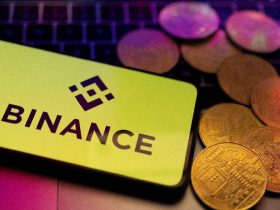eToro is seeking to be regulated in Singapore and has already submitted an application an application to obtain a license from the Monetary Authority of Singapore (MAS), Finance Magnates has learned.
The Israeli broker confirmed that its application with the city-state regulator is “in process.” However, it did not provide any further details on the sought-after license.
Although headquartered in Israel, eToro has a global presence. The broker is regulated and registered in some form or another in the United Kingdom, Cyprus, the Netherlands, France, Spain, Italy, Malta, the UAE, Australia, Seychelles, the United States, and Gibraltar. It also received approval from the Abu Dhabi Financial Markets Authority, enabling it to operate as a broker for securities, derivatives, and crypto assets in the United Arab Emirates.
In Germany, it also operates with a MiFID license.
Recently, the Philippines regulator issued an advisory against eToro, alleging that the broker offers trading services to the country’s residents without having local authorization. However, the broker detailed that it has “no local presence in the Philippines” and “does not actively promote or market” services in the country.
Meanwhile, the approach of eToro to Singapore looks strategic as several other crypto exchanges and brokers also gained licenses from the jurisdiction.
Eying to Be a Public Broker
Founded in 2007, it initially made its name in the copy-trading space but has since diversified its offerings with stocks and cryptocurrencies, becoming a multi-asset broker. The platform has about 3 million accounts and manages about $11.3 billion in customer assets.
Meanwhile, eToro is considering reattempting a public listing, probably in the United States. Interestingly, it generates 70 percent of its revenue in Europe but is considering the US for public listing for the country’s “pool of both deep liquidity and deep awareness.”
Earlier, eToro’s attempt to go public with a reverse merger with a blank-check company failed. At that time, the company was seeking a valuation of $10.4 billion; however, for the latest attempt, it is considering a price tag of over $3.5 billion.







Leave a Reply